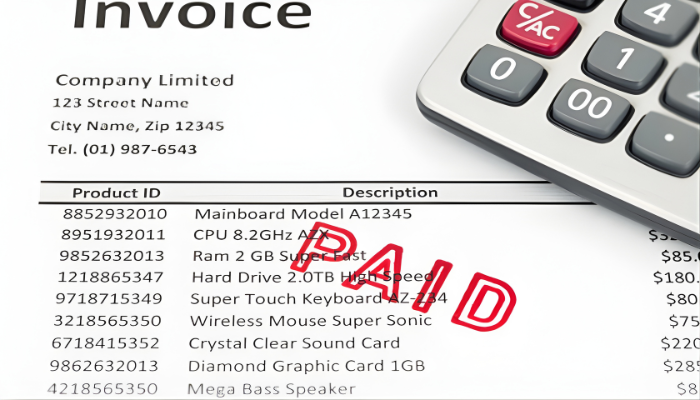
On your quest to bridge cash-flow gaps and get the most out of your chosen financial solution, invoice factoring is sure to arise as a top contender for small business funding. As you begin to research exactly what accounts receivable factoring is and how it may benefit your company, you will likely ask whether the factoring company handles collections. Most factoring companies are not debt collectors, but they are similar in that they both help businesses collect on their unpaid invoices. However, not every factoring company will take care of collections for you.
Factoring vs. Debt Collections
Some factoring companies offer collections services to their clients while others make them go to a separate debt collection agency. Deciding between factoring and debt collection services for unpaid invoices requires an examination of your finances and understanding which solution would be best for your particular situation. Here are three reasons you may prefer factoring to debt collection services:
- You want a simple process. Debt collections are notoriously tedious, typically involving several contact attempts by a debt collector and delicate conversations to avoid making customers angry. The Fair Debt Collection Practices Act dictates how debt collectors can go about collecting on unpaid invoices. Factoring, on the other hand, is a fast and simple process that is less likely to result in frustrated customers.
- You have a high number of current unpaid invoices. If you have unpaid invoices that are current (billed in the last 30 days), accounts receivable factoring may be your best choice. Most factors will only purchase current invoices. Debt collectors, on the other hand, will accept invoices that are 60 days old and older.
- You need money now. If you need cash right away, factoring is your best option. You can typically receive funds from factoring within one to three days of your approved application. Debt collection, on the other hand, can take months of third-party agency phone calls and attempts to retrieve money before customers pay you what they owe.
If you still don’t know whether to choose factoring or debt collections, you’re in luck. Some factoring companies handle collections along with factoring services. Not only will these companies collect for you during factoring, but they also offer separate debt collection services and programs. Choosing a factoring company that also handles collections allows you to enjoy both services under one roof. The right factoring company can give you funds fast, employ the ideal debt collection program for your needs, and help you become an expert at collecting unpaid invoices.
Tips for Collecting on Unpaid Invoices
Collecting cash from customers isn’t always easy. Every company has certain customers who never pay on time and don’t respond well to phone calls from debt collectors. Obtaining what customers owe you without losing their business requires tact and delicacy. Before you get into a bind with several slow-paying customers, find out how to get them to pay faster. Examples include creating a contract with clients that outlines payment terms, sending invoices that explain your terms, accepting electronic payments, and offering incentives for customers who pay on time.
If you are already past the point of avoiding slow-paying customers and need to know how to collect on your invoices as soon as possible, find a professional to help you collect. Factoring companies that handle collections will know how to make phone calls and contact your customers with the utmost professionalism and diplomacy. Handing this tedious task to a professional can take the pressure off of you and allow you to focus on more exciting business tasks, such as new talent acquisition or customer service.

















